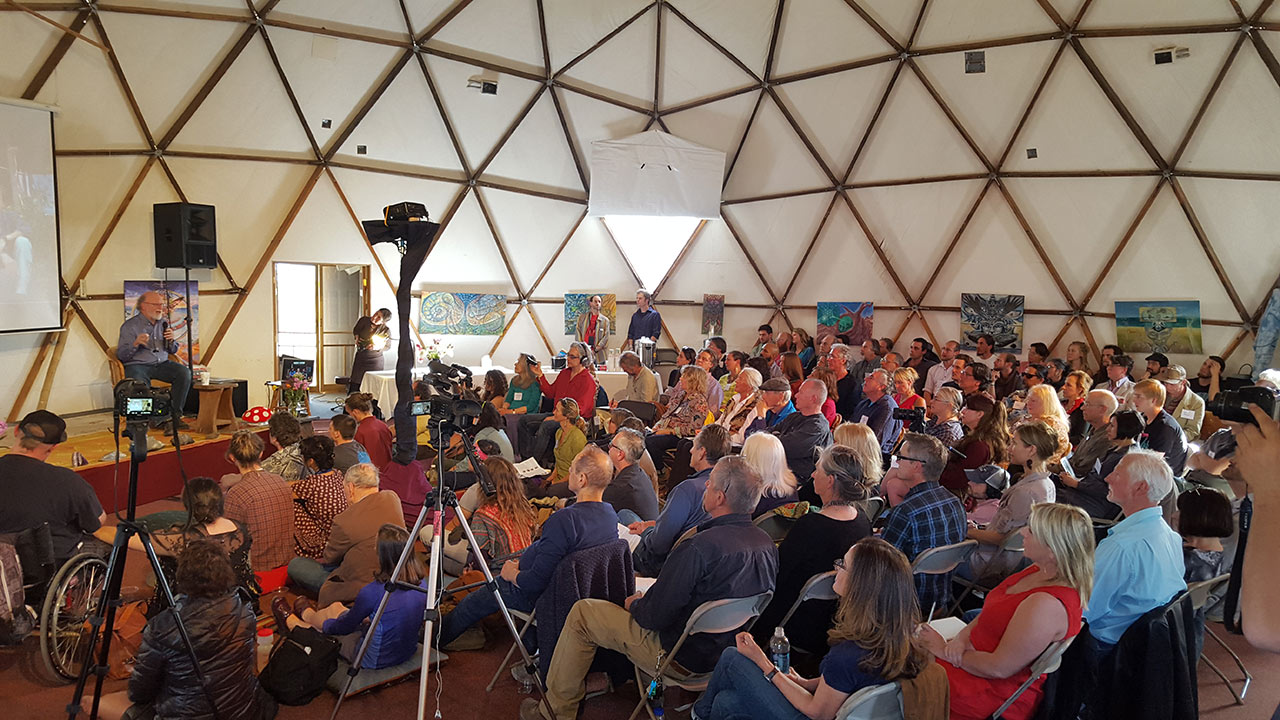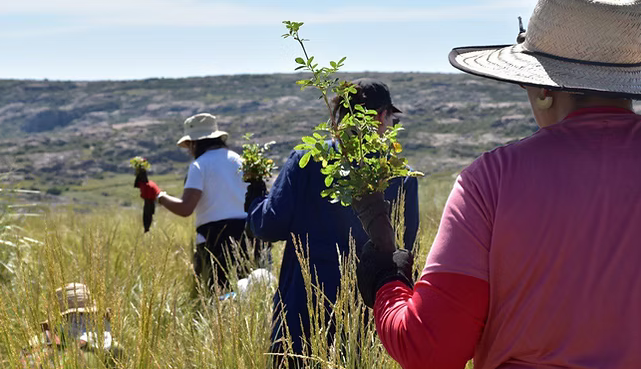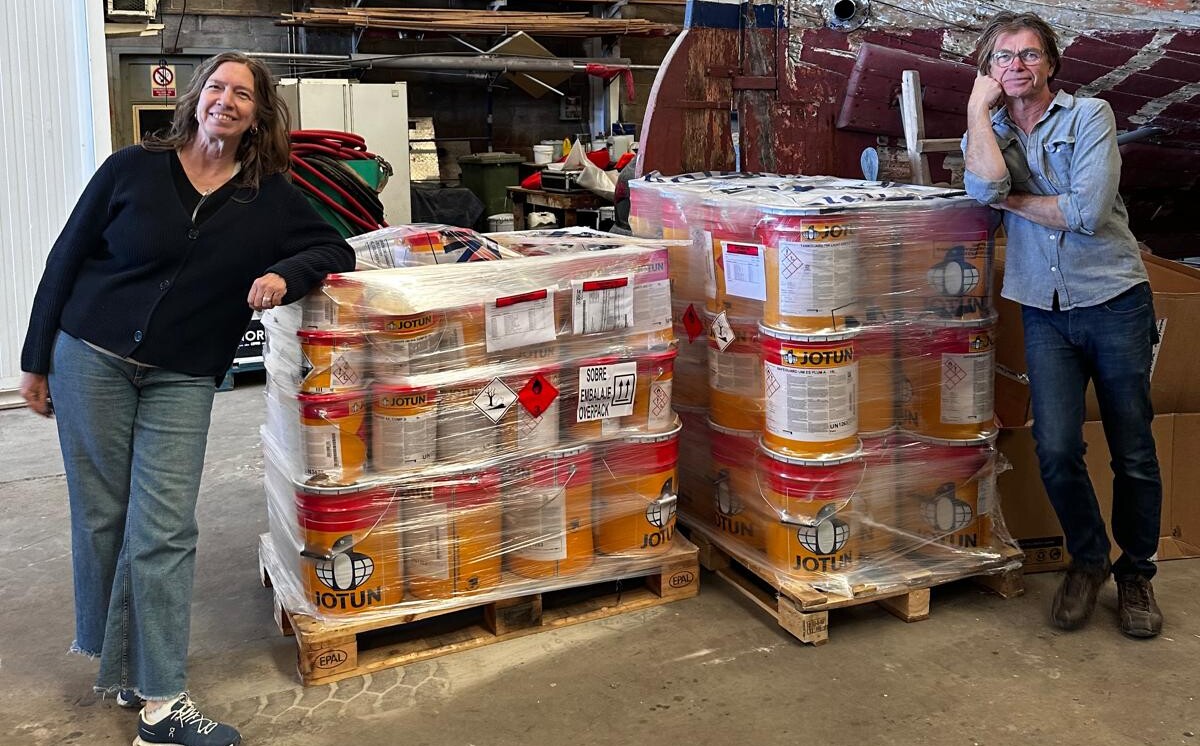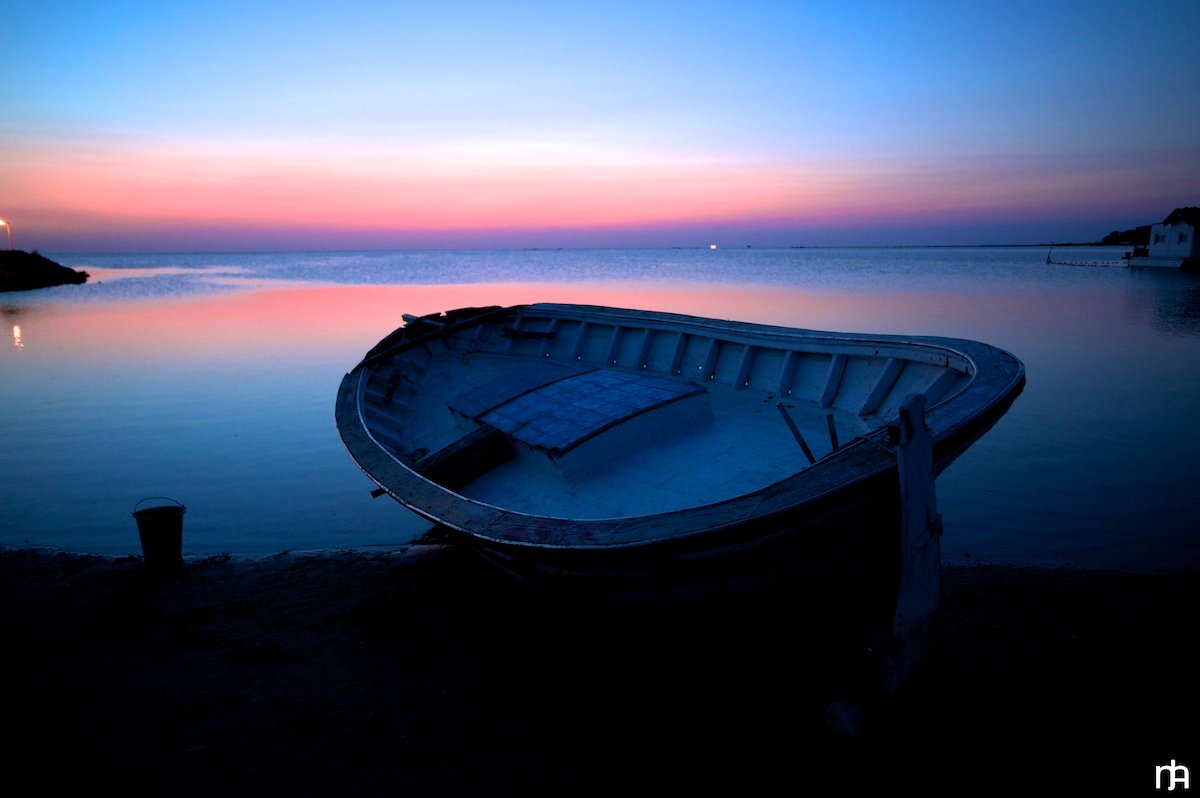Conference Program
Friday, October 7
18:00 Welcoming Cocktails 19:00 Dinner Opening Remarks by Mark Nelson, Chairman 20:00 Thinking About Technology and Culture Thomas P. Hughes, Professor (Emeritus) of History, University of Pennsylvania Considered one of the most influential historians of technology, Tom’s work has changed the way we think about technology by expanding the history of technology to reflect the central position this endeavor plays in the modern world. His work has created a new way of understanding the technological culture by drawing on sources that range from art, architecture and cultural thought. His books include pioneering studies of the importance of systems thinking and systems engineering in technology 21:30 Techno Lounge
Saturday, October 8
08:30 Breakfast 09:00 An Energy Revolution for the 21st Century Martin Hoffert, Professor of Physics, New York University, New York Marty is an expert in biogeochemical cycles, oceanography, global environmental change and alternate energy technology. Marty was lead author of important papers published in Science, Nature and other prestigious journals on the topic of advanced technology paths to global climate stability, reviews of renewable energy options and a landmark paper entitled “Fourteen Grand Challenges: What engineers can do to prove we can survive the 21st Century.” 10:30 Coffee/Tea Break 10:45 History and Overview of the Technosphere John P. Allen, FLS, Chairman, Global Ecotechnics Corp., Santa Fe, New Mexico The inventor of the Biosphere 2 facility, co-founder of the Institute of Ecotechnics with a background in metallurgical engineering, John is a macro-thinker who has dealt with the successful integration of the technosphere and biosphere in a series of demonstration projects around the world. His engineering work has included developing special metals for Allegheny-Ludlum Corporation, and regional development projects in Iran and Central Asia. John envisioned a new discipline, ecotechnics, which works on the harmonization of technology and ecology. 12:30 Lunch 13:30 Space Architecture and Architected Space Constance Adams, AIAA, Space Architect, Synthesis International, Houston/New York An internationally practicing architect, and one of the world’s leading space architects, Constance was a key designer of the revolutionary Trans Hab inflatable space structure designed by NASA for planetary exploration and crew quarters in space. Constance has used her experience in meeting the challenge of space architecture to rethink how we architect on the Home Planet. 15:00 Break 15:15 The Reinvention of the Moving Image Gene Youngblood, Media Arts Dept., College of Santa Fe Gene Youngblood is an internationally known theorist of media arts and politics, and a respected scholar in the history and theory of experimental film and video art. He is the author of Expanded Cinema (1970), the first book about video as an art medium, which was influential in establishing the field of media arts. Gene is also widely known as a pioneering voice in the media democracy movement. 16:15 Break 16:30 Dialogue with the Machine #2 Woody Vasulka, Video Artist, Santa Fe, New Mexico Woody Vasulka, along with his wife Steina, founded “The Kitchen” in 1971 in the East Village of New York and was a pioneer in video and intermedia art. He continues to push the boundaries of the syntactical potential of electronic imaging, with sophisticated explorations of the narrative and metaphorical meaning of technological images. 19:00 Dinner 20:00 The Technics of War in the InfoAge Jack Thorpe, Consultant, Defense Advanced Research Projects Agency (DARPA), Military/Battlefield Simulation, San Diego, California Jack is considered the inventor of cyberspace for his pioneering work in the 1980s as the visionary behind the concept of networked simulation (SIMNET) that has revolutionized the field. Long-time program manager for DARPA, Jack now consults on advanced technology applications of networked simulation for a variety of civilian applications. Considered the “father of networked simulation,” Jack helped innovate related applications such as desktop simulators, video arcade trainers, interactive history, and seamless simulation. 21:30 Techno Lounge
Sunday, October 9
08:30 Breakfast 09:00 Decline and Fall of the Carbon Empire: the Coming Age of Nanobiotechnology (via up-link) Alan Goldstein, Industrial Nanobiotechnology Consultant, Professor of Biotechnology Engineering, Alfred University. Alan is a pioneer in nanobiotechnology. His laboratory focuses on developing new biomaterials for implanted medical devices, biotechnology instrumentation and simulation of the interaction between biomolecules and non-living materials. The fusion of the fields of biotechnology and nanotechnology offers the prospect of revolutionizing both preventative healthcare and new approaches to chronic diseases; and the challenging prospect of human evolution past Darwinian selection to the emergence of Homo technicus. 10:30 Coffee/Tea Break 10:45 The Technics of Virtual Space and Communities Bruce Damer, CEO and Founder, Digital Space Commons, Santa Cruz, California Bruce is one of the world’s leading virtual reality and virtual community theorists and practitioners. He consults to both Fortune 500 companies and NASA (for computer simulations of spacecraft and planetary exploration). Bruce gained extensive product development and team leadership experience gained through projects for Xerox, IBM, and Siemens-Nixdorf. He established software development laboratories in the U.S. and in Prague, Czechoslovakia where he lived for many years, and was in charge of large-scale software architecture efforts. 12:30 Lunch 13:30 Communications Daniel Kranzler, Chairman and CEO, MFORMA Corporation, Seattle, Washington Dan is a telecommunications pioneer entrepreneur, currently involved in dozens of companies worldwide. He was one of the pioneers in the wireless industry, founding in 1980 a company which became the largest paging company in the Northwest. The company was purchased by McCaw Cellular Communications (later AT&T Wireless), where Mr. Kranzler became the first General Manager for the cellular and paging operations. In 1986, he became president and CEO of AccessLine Technologies, a telecommunications software company that originated the single person-single number concept. Dan founded Mforma Group, which is now a global leader in wireless game and media content distributed through virtually every major wireless operator in the world. 15:00 Tea Break 15:15 Cinetechnics — Aliens of the Deep Andrew Wight, President, Great Wight/Earthship Productions, Malibu, California A master cave and open-water diver, Andrew has made some 40 underwater documentaries in remote and challenging environments in his native Australia and around the world, custom making much of the camera gear. For the past five years, Andrew has been head of production for James Cameron’s documentary division, and was key in successfully mastering the challenges of filming deep underwater at the sunken battleship, Bismarck, and in bringing us to the deep ocean floor vents which may hold the secrets to the evolution of life here and elsewhere in the cosmos. 16:30 Group Photo (Speakers and Participants) 19:00 Dinner 20:00 Technics for Winning the Oil End Game Amory Lovins, Founder/President, Rocky Mountain Institute, Snowmass, Colorado Since the 1970s, Amory has been a leading voice and theorist for the adoption of intelligent, sustainable alternative sources of energy and use of natural resources, utilizing market forces. He challenged conventional thinking, then dominated by supply-side thinking, and urged alternative approaches to energy, including the new paradigm of end-use/ least-cost approach to resource issues. He was selected as a “Hero of the Planet” by Time magazine, and his influential books and strategic analyses influence business, government and environmental thinkers worldwide. 21:30 Techno Lounge
Monday, October 10
08:30 Breakfast 09:00 Technology and the Revolution in Science Rick Satava, Program Manager, Defense Advanced Research Projects Agency (DARPA),and Department of Surgery, University of Washington, Seattle. Rick has been in the forefront of the development of advanced technics of tele-medicine, including virtual surgical techniques, delivery of care to remote locations, medical bio-sensing and monitoring of patients. He will bring us a preview of the next generation of technologies in biomedicine, including roboticized surgery, advanced sensor monitoring of both environmental and vital life systems for military and civilian medical applications. 11:30 Buffet & Conference Wrap-ups






